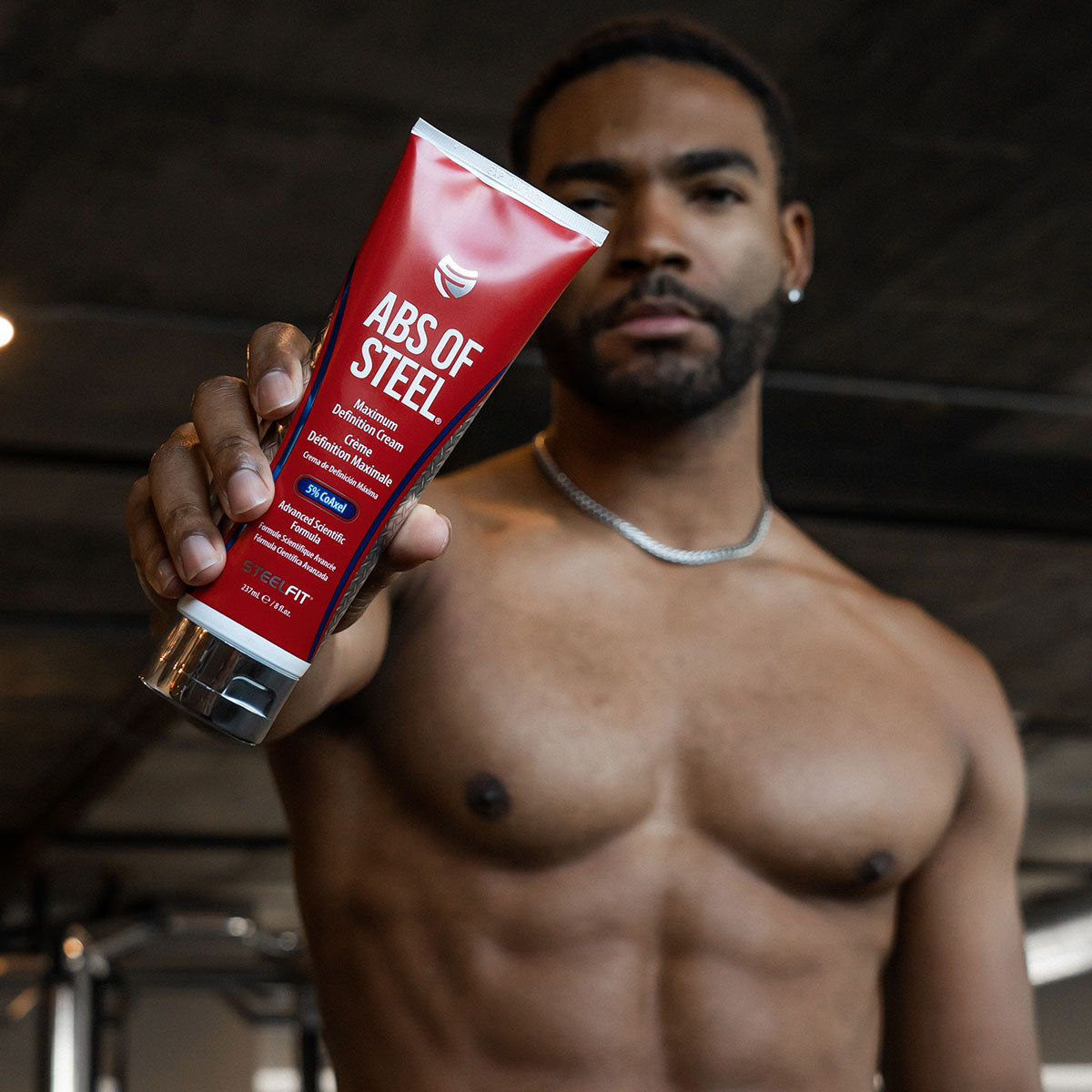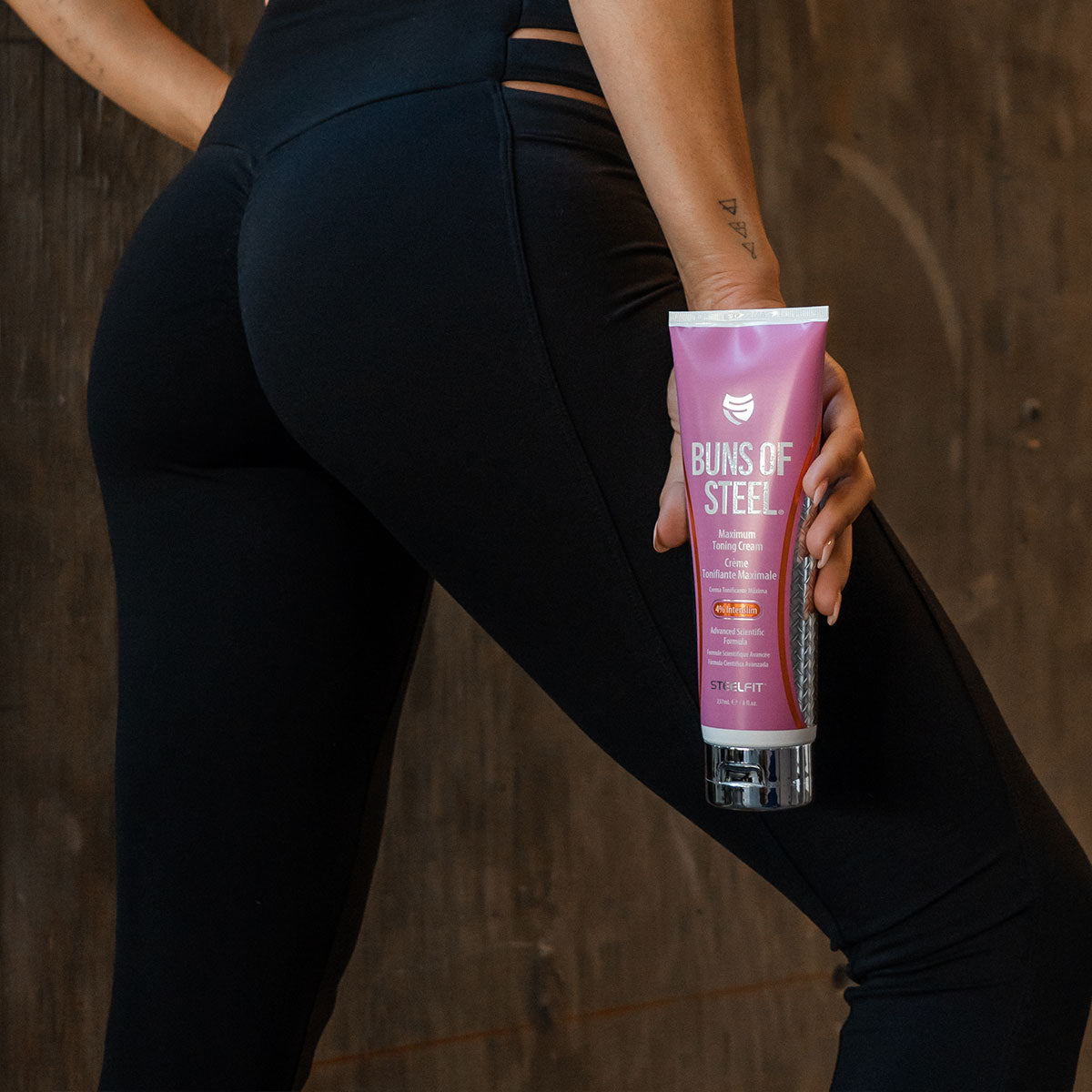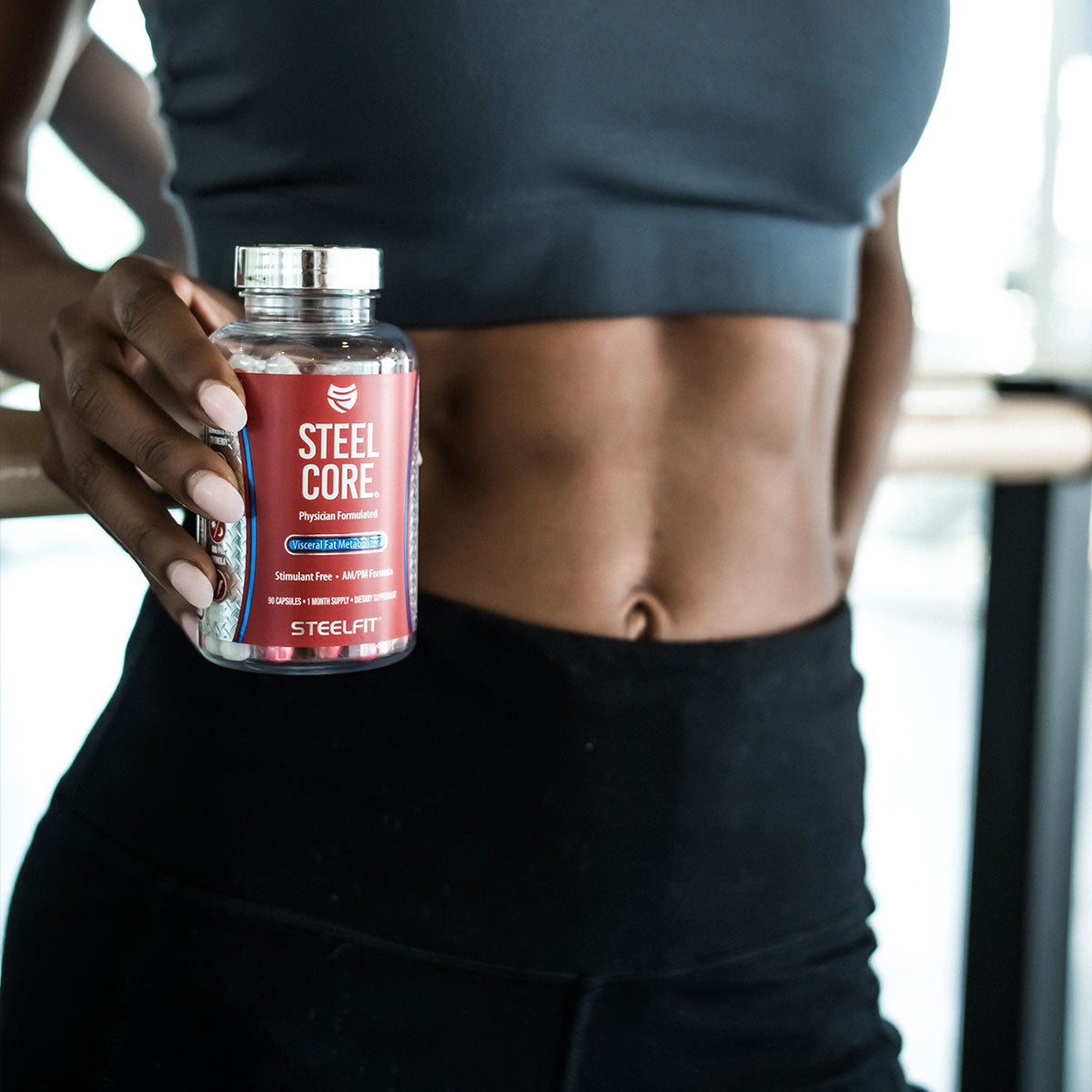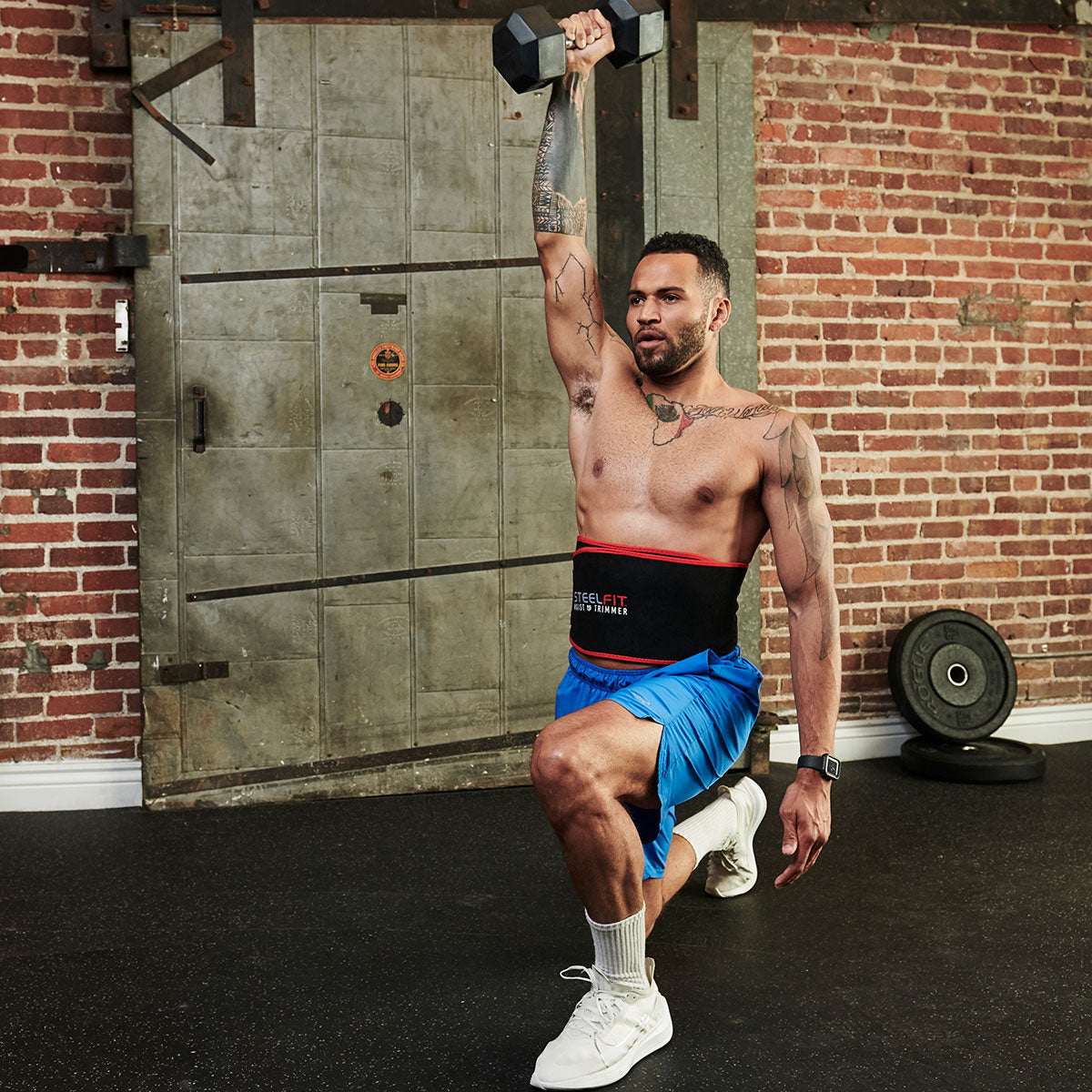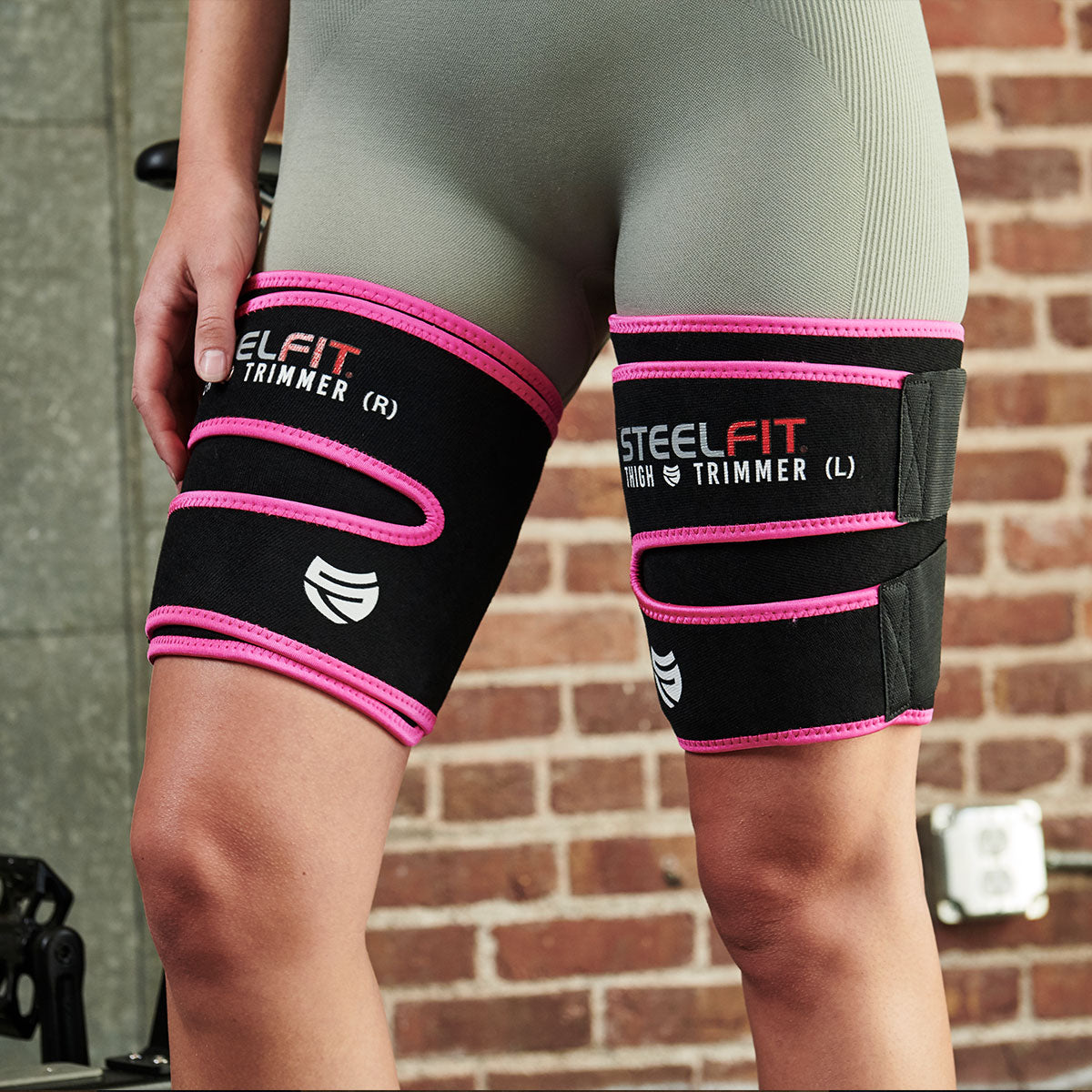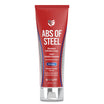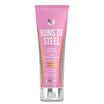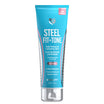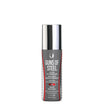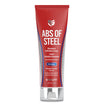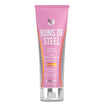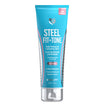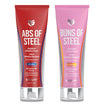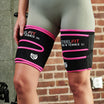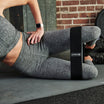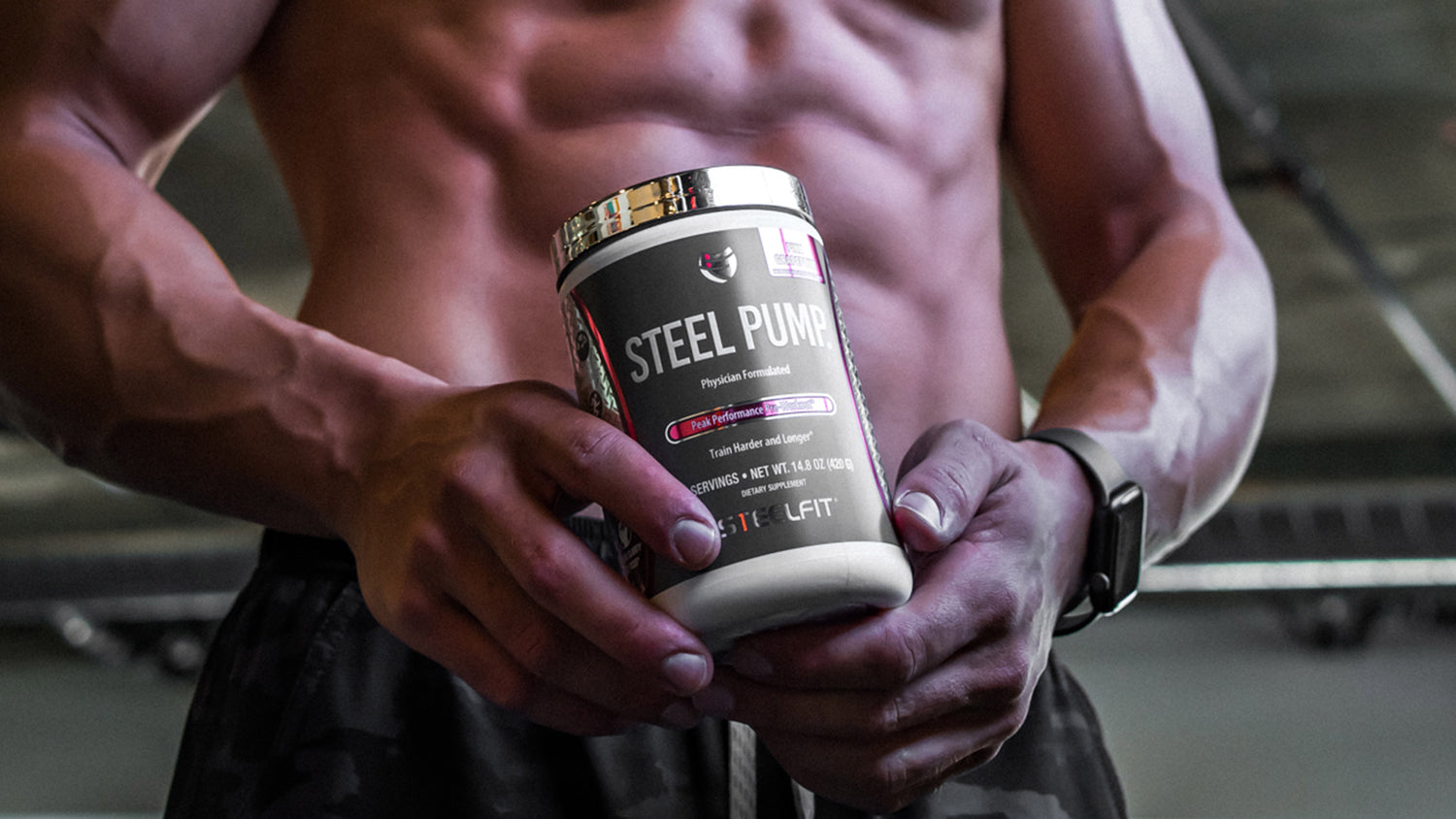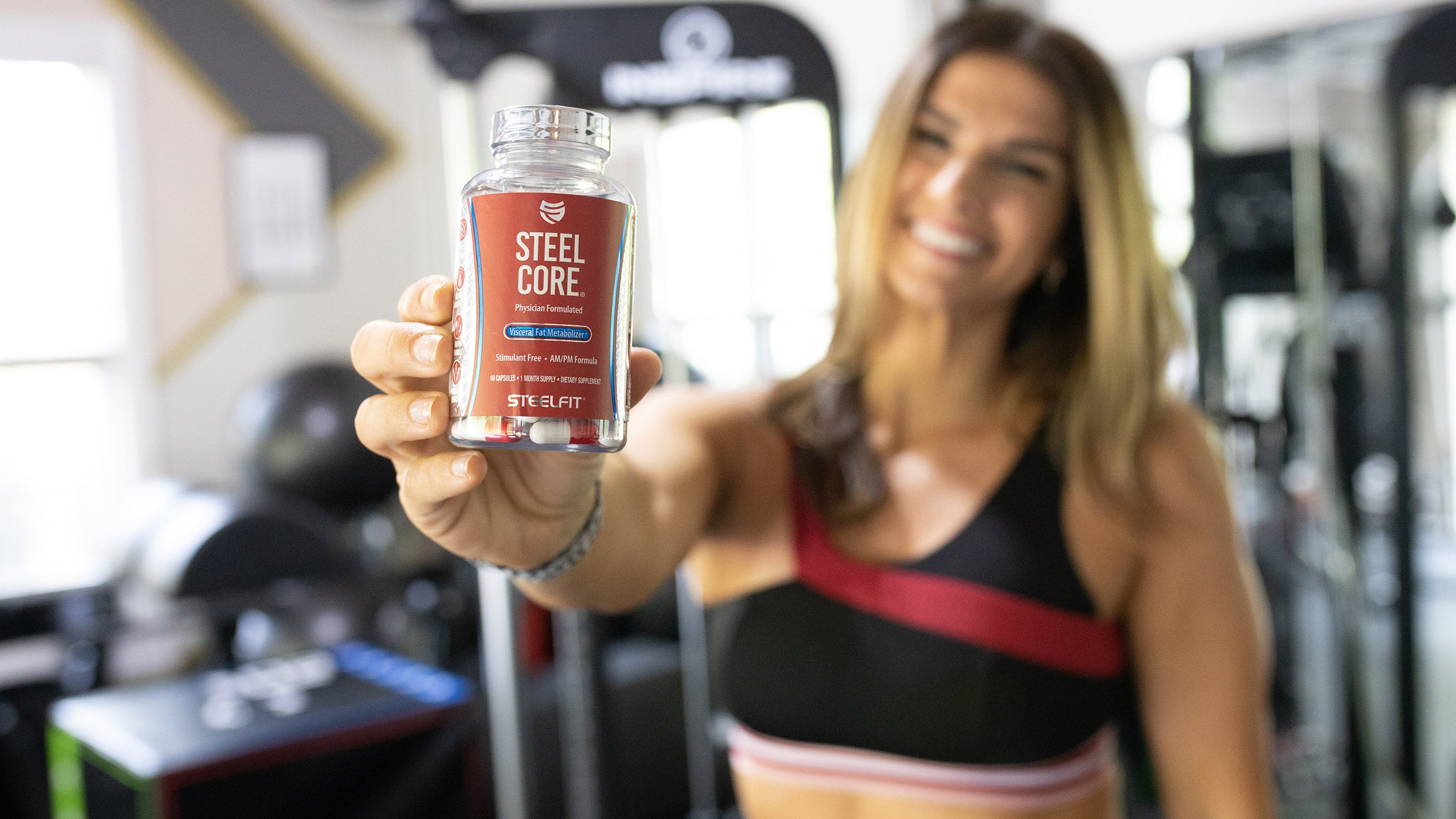Most of us training for a few years have developed a pre-workout "ritual" of sorts. Like your morning ritual, the pre-workout ritual helps get your mind and body prepped for intense training.
As you grow in your fitness journey, you will find out what you like to do (and eat) before your training develops and changes based on where you’re at in your journey and what your general preferences/needs are.
But, one staple of the pre-workout ritual that is almost universal is the meticulous selection, preparation, and consumption of pre-workout supplements.
Taking a pre-workout can boost your gym performance.
It can help clear the cobwebs, increase motivation, reduce fatigue, and boost performance and pumps.
But, one thing many new fitness enthusiasts have a question about is "what is the best time to take a pre-workout?"
Should you take it immediately before doing your warm-up sets or when you're on your way to the gym?
Here's everything you need to know about when pre-workout kicks in and how long it will last.
Why Pre-Workout Timing Is Everything
If you’re dry shooting your pre-workout supplement powder immediately before you lay down on the bench press or step into the squat rack, you're not getting the benefits of your pre-workout supplement.
Sure, it might taste good and give you a rush (and you'll look epic on your social media feed…not really…), but from the standpoint of improving performance, it's not happening.
Remember, taking a pre-workout supplement is to consume ingredients that will enhance your performance in the soon-to-transpire training session.
So, if dry-scooping pre-workout 14.5 seconds before you start your first set isn't ideal, how long should you take pre-workout before your training session?
A lot longer than you probably think.
Most directions say you should consume your pre-workout supplement in the neighborhood 15-20 minutes before your workout. This is "decent," but it's far from optimal.
Ideally, you would take your pre-workout supplement at least 30 minutes before your first work set and preferably 60 minutes before starting your hard sets.
“That seems like a LONG time!”
Yeah, we know what's going through your head right now, but the reality is that if you want to get the most bang from your pre-workout supplement, giving it a bit longer to load in your system will only benefit your training.
You have to remember that pre-workout supplements don't magically get transported to your muscles and CNS the second they are ingested. They have to navigate the treacherous GI tract, cross the intestinal lining, enter the bloodstream and then make their way into the muscles and CNS.
This takes time…more time than you probably think.
If you look at any exercise studies investigating the ergogenic effects of dietary supplements, you'll see that supplements are administered a full hour before exercise.
Something else to keep in mind is that if you like to have a pre-workout meal before training and then drink your pre-workout supplement, the meal will slow down the digestion and absorption of your pre-workout supplement.
Additionally, you need to remember that some ingredients don't reach peak concentrations in the blood until 60-90 minutes after ingestion. Sure, you might feel the "tingles" of beta-alanine or the rush of caffeine after 15-20 minutes, but to maximize the effects of all the ingredients in your pre-workout supplement, give it a good 30-60 minutes.
All this is to say that slamming your pre-workout 10-15 minutes before walking into the gym isn't the way to get the most bang for your buck.
However, there may be one exception.
Let's say that you have the luxury of time and can spend 20-30 minutes foam rolling, activating, mobilizing, chatting, stretching, and doing all sorts of shenanigans before you start training.
In this instance, taking your pre-workout supplement 10-15 minutes before walking into the gym is fine because the reality is that you have plenty of time for the ingredients to load in your system before that actual workout begins.
But, if you're the average individual with 60-90 minutes to train and then get back to "real life," you want to take it between 30-60 minutes before hitting the gym.
How Long Does Pre-Workout Last?
To understand how long pre-workout lasts, you need to understand something about biochemistry and half-life.
Without getting too technical, the half-life is the amount of time it takes to eliminate, by natural means, half of the amount of a substance that is ingested.
Each different ingredient in a pre-workout supplement may have a distinct half-life.
Caffeine, for instance, has a half-life between 5-6 hours, while L-Citrulline has a half-life of about 1 hour.[1,2]
This means that you don't want to take your pre-workout too close to or too far away from the beginning of your workout.
By taking it too close to your workout, you're not maximizing the potential benefits of your pre-workout supplements (increased performance, greater energy, better fatigue resistance, bigger muscle pumps, etc.).
Taking it too far away from your workout means the ingredients are in and out of your body, and you won't get the benefits from them.
Either way, you've severely limited the effectiveness and utility of your pre-workout supplement and thus wasted time and (more importantly) money.
As we said before, you want to consume your pre-workout supplement at least 30 minutes before training, and, if you can, a better option may be to consume it 60 minutes before training.
What are the Best Pre-Workout Ingredients?
Pre-workout supplements come in all shapes, sizes, colors, flavors, and price points. Some taste great but have few efficaciously-dosed ingredients (save caffeine), while others contain research-backed doses and taste like lighter fluid.
Regardless, here are the best pre-workout ingredients that you want to see included in whatever pre-workout supplement you consider purchasing:
Caffeine
Caffeine is the foundation of all the best pre-workout supplements, and for a good reason.
It has been studied hundreds of times and shown to be effective for increasing performance and safe when used in reasonable dosages.
Specifically regarding exercise performance, caffeine supplementation:
- Increases mental energy
- Improves motivation and desire to exercise
- Reduces the onset of fatigue
- Boosts endurance and time to exhaustion
- Enhances strength and power output
- Heightens focus and neural drive
Research has shown that caffeine can be effective across a range of dosages (with most research, 3-6mg/kg, to be precise). Note that individual preference, tolerance, and habituation affect how much caffeine is "best" for you.
Citrulline Malate
Who doesn’t love the thought of getting a sick pump during their training?!
Just about everyone, right?
Well, even if you aren’t looking to get a better pump during training, you should consider Citrulline Malate.
Why?
Well, citrulline is an amino acid that enhances nitric oxide production in the body. Nitric oxide (NO) is an important signaling molecule that increases vasodilation, improving blood flow, nutrient delivery, and vascularity.
This helps create a bigger, better pump during workouts.
But, there’s more…
Citrulline also helps reduce the onset of fatigue by serving as an ammonia buffer. This helps you to bang out more reps across more sets, ultimately meaning you get more work done during training and burn more calories.
So, if you want to maximize the pump or have a better workout with less fatigue, you want to supplement with Citrulline Malate.
Peak ATP®
ATP is the cellular currency of energy production. Your muscles’ ability to regenerate ATP ultimately affects their ability to maintain a high level of performance during training.
Now, the body can generate ATP on its own from endogenous ATP, creatine-phosphate stores, glucose, and fats. But, during an intense workout, you don’t have time to wait for the body to convert fatty acids to ATP…you need it NOW!
Over the years, a number of ATP supplements have been created to help increase the body's ATP reserves, but they have failed mainly due to a lack of bioavailability.
Peak ATP is an ATP supplement studied in humans and found to improve exercise performance.
Human studies found that supplementing with Peak ATP before exercise may[3]:
- Increase Total Strength by 147%
- Increases Power by 30%
- Reduces Muscular Fatigue
- Improves Blood Flow
- Support lean mass (e.g., muscle) gains
Best Pre-Workout That Boosts Energy & Stamina
We know thousands of pre-workout supplements are available before you hit the gym, but in our opinion, there isn't a better pre-workout supplement than Steel Pump®.
We've combed through the research and developed a pre-workout that strikes the perfect balance between energy, focus, performance, and pump.
Steel Pump® contains a robust 300mg caffeine per serving to boost energy, focus, mood, and performance. For some, that might seem like a lot of caffeine, but it is well within the research-backed doses of caffeine tested and shown to improve performance. We've also included 200mg of L-Theanine to offset any potential jitters or crashes that may occasionally occur when consuming caffeinated pre-workout supplements.
As the name implies, Steel Pump® also includes ingredients to maximize the pump during training, including citrulline malate, betaine, grape seed extract, and Peak ATP®. Lastly, Steel Pump® includes electrolytes, beta-alanine, and MCT Oil to support hydration, endurance, and energy production.
Steel Pump® is a perfectly balanced pre-workout to deliver on all fronts of pre-workout perfection -- energy, focus, performance, and pumps. We've also worked tirelessly to not only make Steel Pump® an effective pre-workout but one that tastes great!
If you want to take your training to the next level and get better results, grab a tub of Steel Pump®!
Just make sure to take it at the right time.
References
- Khalaf, D.; Krüger, M.; Wehland, M.; Infanger, M.; Grimm, D. The Effects of Oral l-Arginine and l-Citrulline Supplementation on Blood Pressure. Nutrients 2019, 11, 1679. https://doi.org/10.3390/nu11071679
- Institute of Medicine (US) Committee on Military Nutrition Research. Caffeine for the Sustainment of Mental Task Performance: Formulations for Military Operations. Washington (DC): National Academies Press (US); 2001. 2, Pharmacology of Caffeine. Available from: https://www.ncbi.nlm.nih.gov/books/NBK223808/
- https://www.peakatp.com/science/clinical-research/
